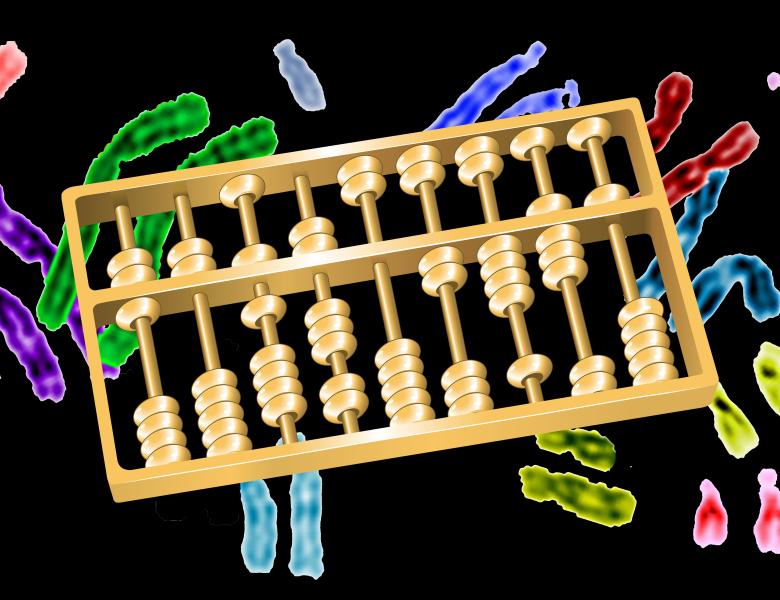I will discuss mechanisms of therapeutic resistance in advanced castrate resistance prostate cancer and, in this context, the challenges and promise of precision oncology. I will present data from cell free DNA (liquid biopsy) studies that reveal dynamic genome landscapes that occur in response to therapy and discuss how this information can be used to understand tumor heterogeneity and evolution and to improve patient management. These dynamic landscapes are defined by amplification or mutation of the androgen receptor and other genes. In addition, I will discuss neuroendocrine transdifferentiation (state change) as a mechanism of therapeutic resistance in prostate cancer. Finally, I will discuss the value of patient derived cancer xenografts in “evidence-based” precision oncology.
